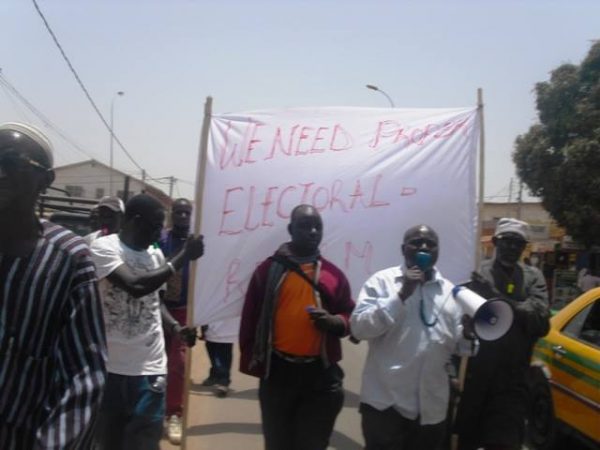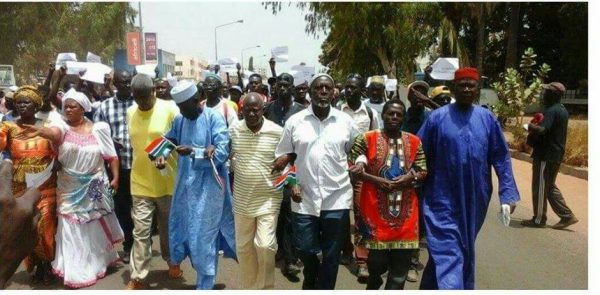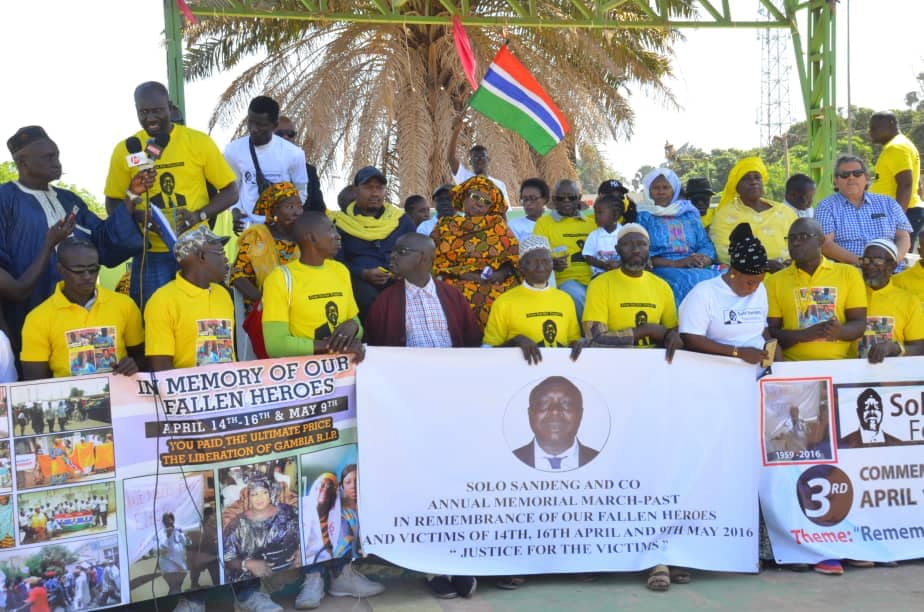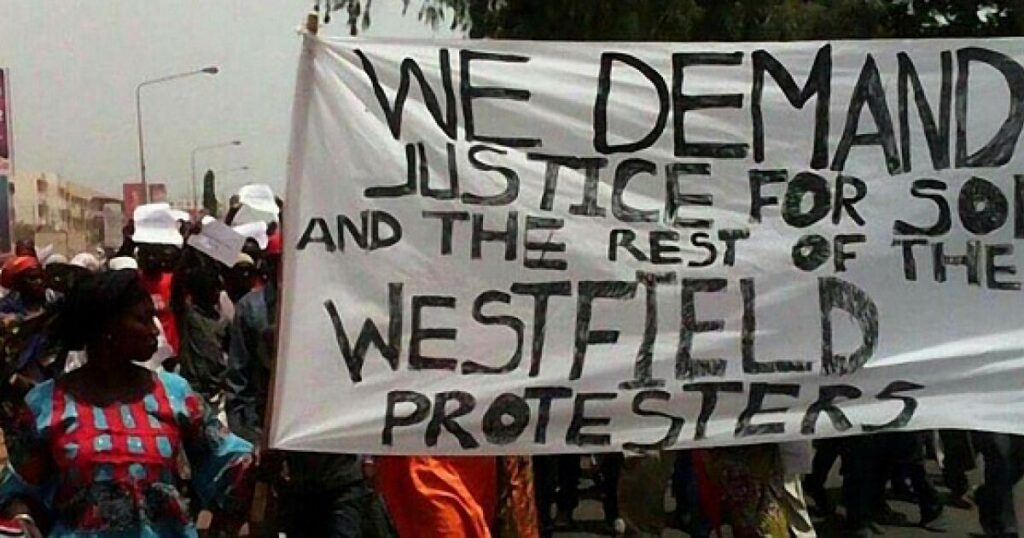
Today marks the ninth anniversary of the arrest, torture, and brutal murder of Solo Sandeng at the hands of state agents. We salute his memory, recognising that his passing was a decisive moment in The Gambia’s quest for democracy. Solo’s sacrifice was not in vain—it was a turning point that reignited the nation’s fight for freedom and justice.
As we reflect on his legacy, we also celebrate a significant milestone: the recent passing of the Prevention of Torture Act. This legislation is a testament to the enduring impact of Solo’s struggle and a statement that torture has no place in our beloved motherland.
Solo Sandeng was more than a man; he was a movement. A towering figure in The Gambia’s second liberation struggle, he embodied the fight for democracy, freedom, and justice.
His pro-democracy activism was a beacon of hope in a nation grappling with a troubled democratic heritage. No amount of repression or brutality could extinguish the fire of freedom that burned within him.
For generations, pro-democracy movements have taught us that there are two responses to oppression: flight or fight. But Solo Sandeng showed us a third way—a more excellent way.
Through nonviolent resistance, he sought to change the system while appealing to the conscience of his oppressors. This approach, rooted in courage and conviction, inspired a generation and shook the foundations of Yahya Jammeh’s entrenched dictatorship.
The Turning Point: Westfield Junction Protest
On April 14, 2016, Solo Sandeng led a peaceful protest at Westfield Junction, demanding electoral reforms. His militant opposition to tyranny laid bare the crisis of legitimacy facing Jammeh’s regime. The protest stirred a radicalism in young pro-democracy activists that would not fade, even in the face of brutal repression.

Solo dared to dream of a Gambia where democracy, freedom, and justice reigned. His courage planted hope in the hearts of the downtrodden and loosened Jammeh’s suffocating grip on the nation. His death became a rallying cry, galvanising a movement that ultimately led to the fall of the dictatorship.
Solo’s life and sacrifice continue to inspire youth activists across the continent. His trademark smile, now immortalised in black and white, symbolises the struggle of conscience versus state power. It is a reminder of the difficulties of legal revolutions and the resilience required to achieve them.
He did not seek sainthood, nor did he carry the weight of 2 million Gambians alone. Yet, he became a political colossus, a prisoner of conscience, and a symbol of hope. His death, though intended to silence him, only amplified his voice and strengthened the resolve of those who carry his torch.
The government’s attempts to conceal the details of Solo’s death revealed the fragility of its power. While designed to break the spirit of resistance, his murder only deepened the crisis of legitimacy facing the regime. Solo’s sacrifice exposed the temporary nature of tyranny and the enduring power of the human spirit to fight for justice.

Even in death, Solo Sandeng remains a force to be reckoned with. His legacy challenges us to continue the fight for democracy, to hold leaders accountable, and to ensure that no Gambian suffers the same fate.

As we honour Solo Sandeng, let us recommit to the ideals he lived and died for. Let us build a Gambia where dissent is respected, where justice prevails, and where the rights of every citizen are protected.

In the words of John Donne: “Death, be not proud, though some have called thee mighty and dreadful, for thou art not so; … one short sleep past, we wake eternally, and death shall be no more; Death, thou shalt die.”
Solo Sandeng’s spirit lives on in the hearts of those who continue to fight for freedom. His sacrifice reminds us that even in the face of oppression, the human spirit cannot be silenced.
May his memory inspire us to strive for a Gambia that truly embodies democracy, freedom, and justice.
By Alagi Yorro Jallow











Recent Comments